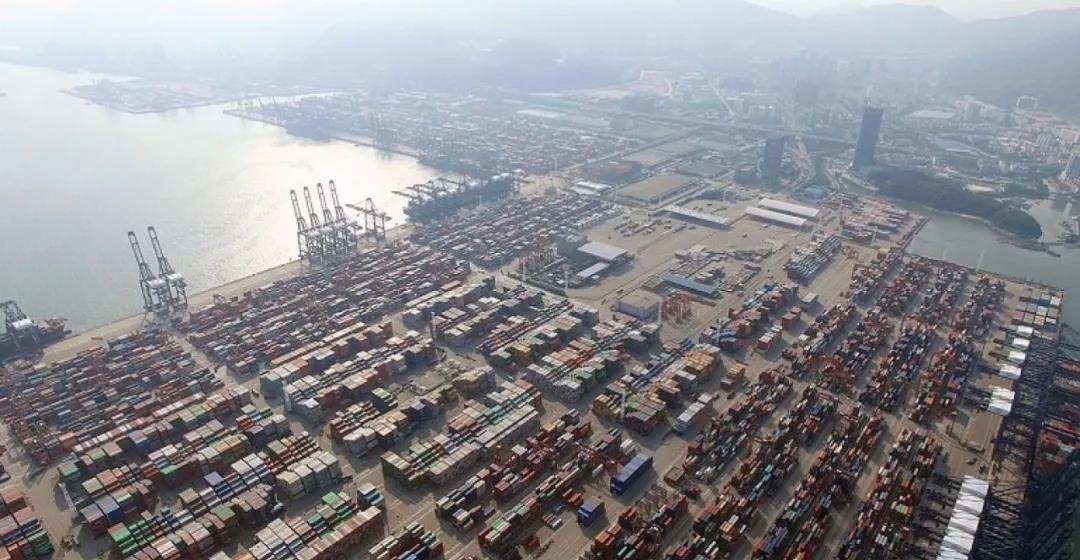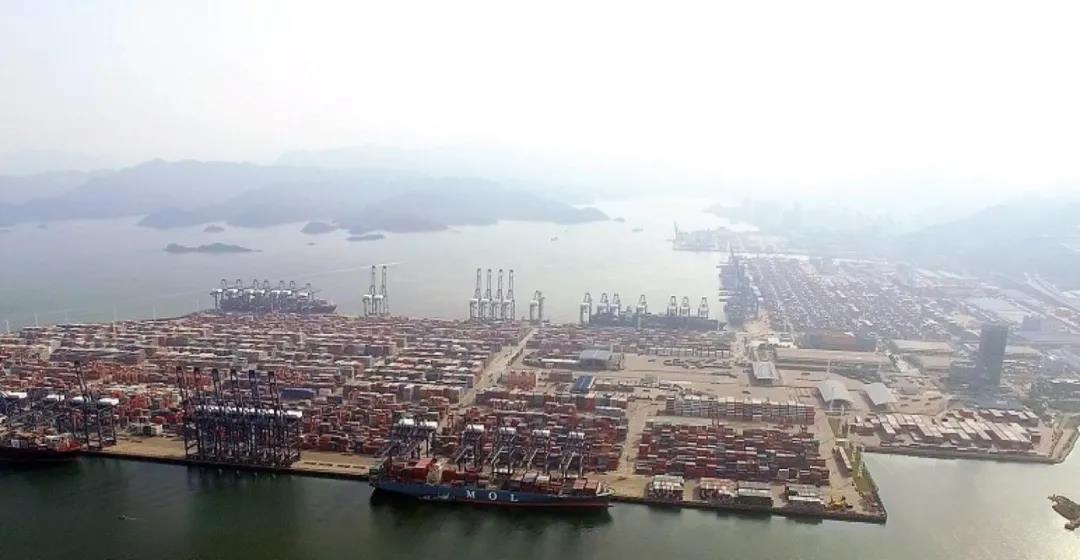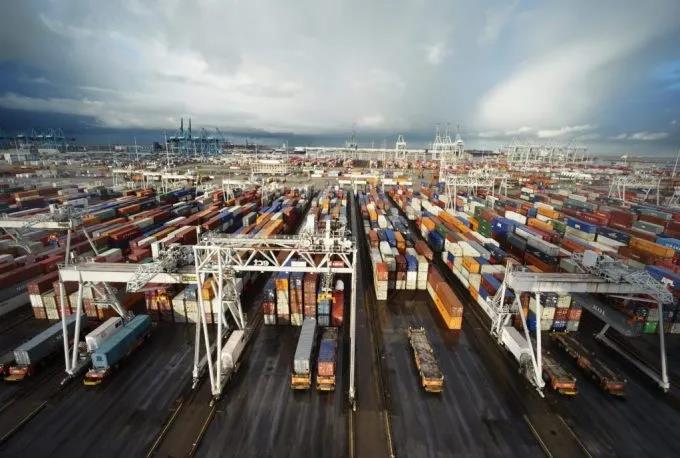The congestion at Yantian port has extended to neighboring ports, with delays continuing to increase at Nansha and Shekou ports as a large number of ships cancel their calls to the heavily congested Yantian port, placing a serious burden on neighboring ports.

Blanket sailings rose 300% in the first half of June as container freight continued to soar to unprecedented levels due to congestion at the Yantian port.
Between June 1 and 15, 298 global container liner sailings with a total capacity of more than 3 million TEU were suspended, which represents a 300 percent increase in suspended sailings in one month, project44 analysts said. While not all of the empty sailings were caused by Yantian International Container Terminal, the impact is clear.
Josh Brazil, project44's vice president for marketing, said, "While the Yantian port was the epicenter of this incident, these numbers spell trouble for the entire shipping industry, especially those companies that rely on these routes. Even shipments not directly affected by the Yantian situation are implicated as carriers adjust their networks to avoid their congestion."
Josh Brazil said the number of blanket sailings was still on the rise as of June 24 and would decline after that, depending on the continued containment of the outbreak at the port and in southern China.
Maersk said the density of the yard at Nansha had reached 100 percent as of June 21, and it expects continued delays of 4-5 days for vessels at the port in the coming week. Nansha will only accept export containers loaded seven days before the vessel's expected arrival time and only if the terminal confirms advance bookings by trucking companies. The supply of 40-foot containers at Yantian and Shekou remains tight and Maersk is advising customers to use 20-foot containers as an alternative.
Shekou Port, which includes Chiwan Container Terminal, Ma Wan Container Terminal and Shekou Container Terminal, has tightened its rules to accept only fully loaded export cargoes at locks four days prior to a vessel's expected arrival time.

Shekou Port (which includes Chiwan Container Terminal, Ma Wan Container Terminal and Shekou Container Terminal) has tightened its rules to accept export bookings only up to four days prior to vessel arrival. In terms of Yantian itself, Maersk reports that Terminal East is operating at about 54% of normal capacity and is gradually recovering, with yard density down to 60%. Maersk expects Yantian flights to be "delayed by more than 4 days" in the coming week.
On June 21, Maersk reported that the number of cancelled vessels operated by Maersk and its partners calling Yantian increased to 90 from 84 last week. Containers carrying imported cargo on these vessels are expected to be delayed by more than three weeks.
Project44 warned that even if operations return to normal, processing the backlog of containers could take several weeks. The analyst said, "If the Chinese authorities extend their strict controls, daily blanket sailing rates in the high double digits could continue into July, throwing the supply chain at this key global port into disarray through the summer."
The consolidation market is currently facing a variety of problems caused by cargo backlogs, vessel delays, port hopping, container and slot shortages. Some analysts say that once the port resumes normal operations, there is expected to be a surge in cargo export demand in the next 2-5 weeks, as well as a chain reaction due to disruptions in the deployment of empty containers returning to South China, and the subsequent impact of this incident will last for more than six months.
Ryan Petersen, CEO of Flexport, said there is no single solution to the shipping delays disrupting the global economy. Solving this global shipping delays "may take a while", especially the holiday season and Christmas is approaching.
Meanwhile, continued congestion, capacity and equipment shortages are driving up container rates. on June 17, Drewry's World Container Composite Index rose 3.4 percent, or $231, to $6,957.44 per FEU. the Shanghai-Rotterdam price rose 6 percent from the previous week to $11,196 per TEU, up 534 percent year-over-year. Drury expects rates to rise in the coming week due to the implementation of the GRI, high volumes and equipment shortages.

Congestion in South China has led to continued increases in congestion surcharges, FAKs and premiums levied by shipping companies. In the week ending June 18, S&P Global Platts said premium service rates for cargoes sailing from North Asia to the U.S. Pacific coast were $9,000-10,000/FEU, while rates to the U.S. Atlantic coast (transatlantic to the U.S. East) were significantly higher than trans-Pacific, with all premium bookings priced at more than 15,000/FEU, but sources said rates were closer to $18,000 to $20,000/FEU. one North American shipper said, "Premiums are approaching the FAK rates for March and April." The slow flow of inland containers at destination ports, an increase in empty classes and further increases in freight rates make it impossible to guarantee space even with premium services. Booking four weeks in advance is recommended.
Asia - the United States (trans-Pacific routes): North America West Coast / East Coast space is tight; due to port congestion, ship delays, capacity imbalance, inland transport delays, coupled with the Americas on the continued strong demand for imports and other multiple factors, a number of shipping companies announced that in July began to raise, levy of GRI and PSS; July freight prices have further increased has become inevitable. It should be noted that: due to port congestion, capacity supply exceeds demand, and the pressure of empty container rotation increases; shipping companies are limited to receive cargo from inland points.
Asia - Europe route: Europe, the Mediterranean market demand is strong, space is very tight, SCFI index European line steadily rising, freight rates reached a record high; due to the epidemic prevention and control measures in South China, the terminal tightened the operational process, slow operation; ships have been cancelled to dock at Yantian terminal, part of the cargo choose to go north from East China out of the transport, the next few weeks East China market shortage of boxes will further intensify. Freight rates will continue to rise.
This article is from Shipping.com